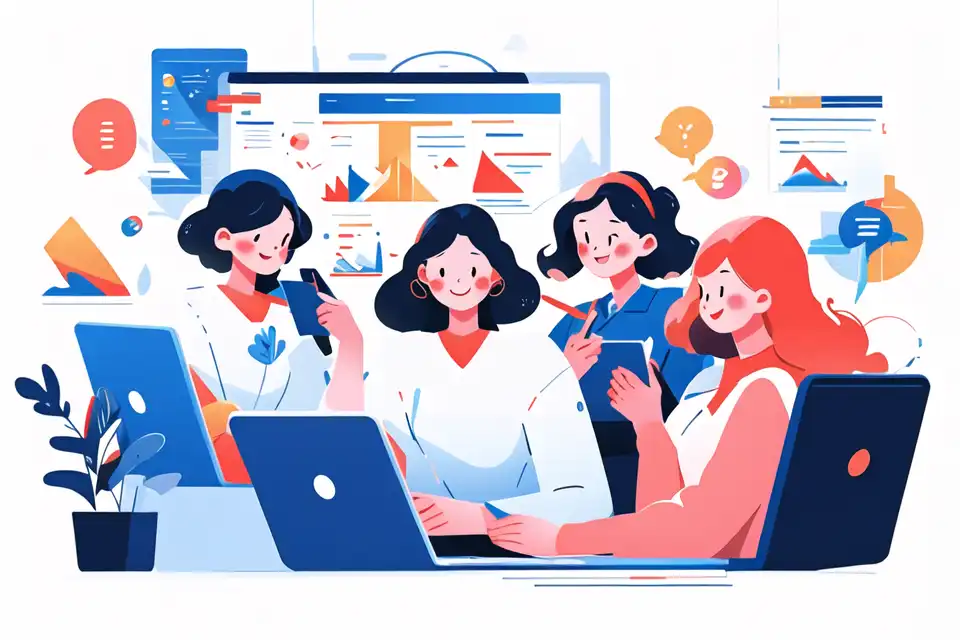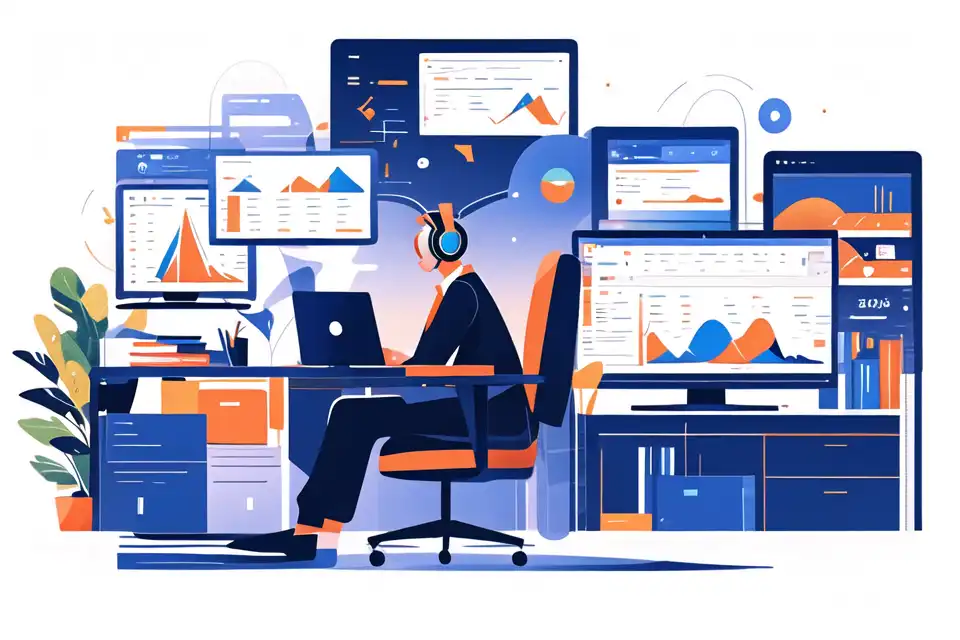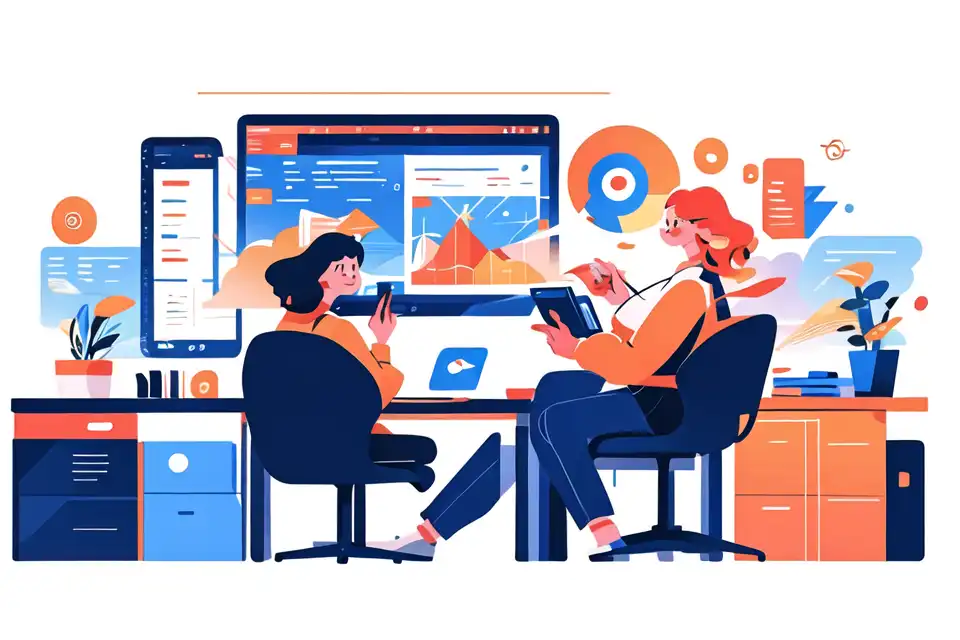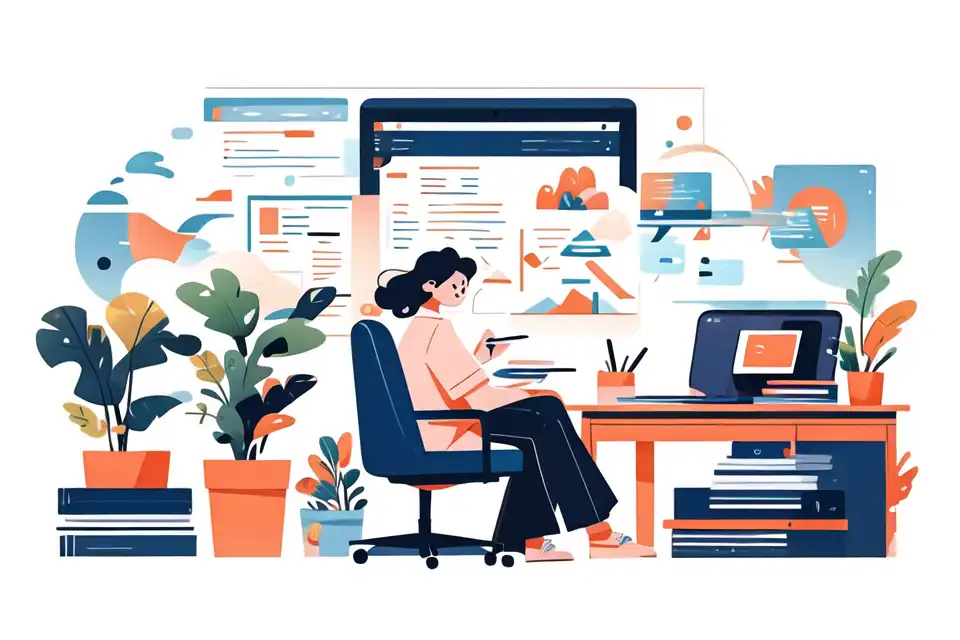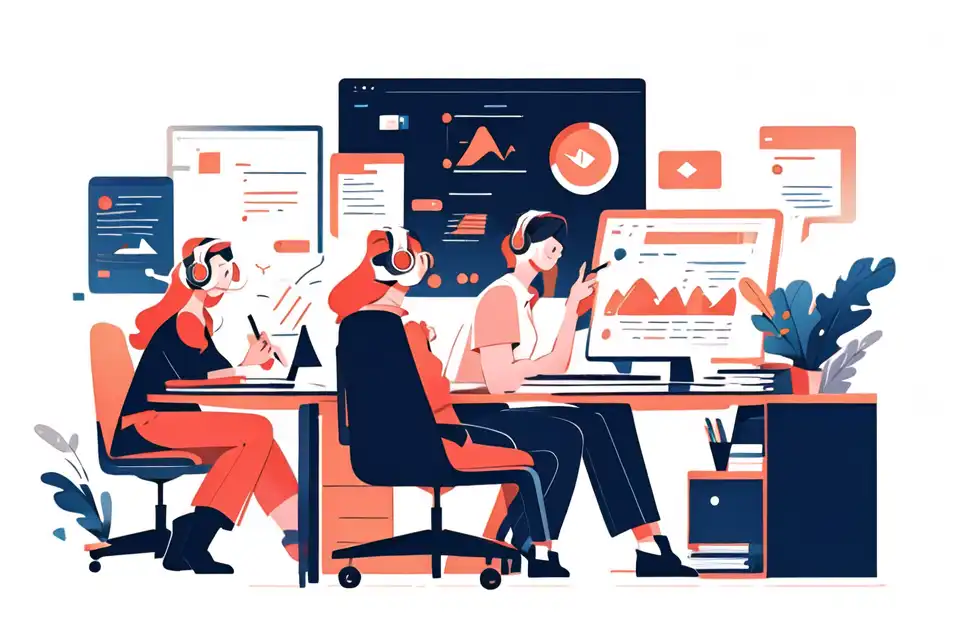How to Say I Would Love to Professionally
Master the art of professional communication in business settings with expert guidance. Learn how to say i would love to professionally.
Try Lark for Free
Effective communication, notably in professional environments, is pivotal to success. Expressing oneself in a professional and courteous manner, especially when stating "I would love to," can have a substantial influence on one's professional image, relationships, and opportunities.
Why is it important to understand how to say "i would love to" professionally
In professional interactions, knowing how to express "I would love to" professionally holds substantial importance. The manner in which this phrase is delivered can significantly impact relationships, collaboration, and business opportunities. Let's delve into the key reasons why understanding the professional usage of this phrase is crucial.
-
Fostering Positive Relationships: The proficient use of the phrase "I would love to" in professional exchanges cultivates positive relationships, showcasing enthusiasm and a collaborative spirit.
-
Enhancing Clarity and Impact: A refined and professional expression of "I would love to" ensures clarity and leaves a lasting impression on peers, clients, and superiors.
-
Creating Opportunities: Mastery of professional language, including phrases such as "I would love to," can open doors to new projects, collaborations, and career advancements.
Use Lark Messenger to elevate your team communication.
Practical examples of dealing with how to say "i would love to" professionally
Example 1: navigate tricky situations
Example 1: navigate tricky situations
-
A typical scenario when you don’t know how to say "I would love to" professionally
-
Common mistakes made in this scenario
-
Best expression in quotes for the scenario
In a scenario where declining an offer professionally is required, particularly when one's schedule is packed, finding the right words to express gratitude while politely declining can be challenging. Oftentimes, individuals may inadvertently convey disinterest or rudeness due to a lack of tact in their response. However, a well-crafted response can salvage the professional relationship and leave a positive impact. For instance, a well-phrased response such as "I truly appreciate the opportunity, and while I would love to, my current commitments prevent me from taking on additional projects at this time" strikes a balance between gratitude and professionalism, effectively declining while leaving the door open for future opportunities.
Example 2: navigating formal interactions
Example 2: navigating formal interactions
-
A typical scenario when you don’t know how to say "I would love to" professionally
-
Common mistakes made in this scenario
-
Best expression in quotes for the scenario
In formal business settings, such as a meeting with clients or during a professional presentation, appropriately articulating "I would love to" is crucial. Often, individuals may inadvertently misuse or overuse the phrase, diluting its impact and professionalism. However, a well-crafted expression such as "I would love to explore potential collaboration opportunities that align with our strategic goals" embodies professionalism, enthusiasm, and a collaborative spirit, leaving a positive impression on the clients or stakeholders involved.
Example 3: managing professional correspondence
Example 3: managing professional correspondence
-
A typical scenario when you don’t know how to say "I would love to" professionally
-
Common mistakes made in this scenario
-
Best expression in quotes for the scenario
In written correspondence, such as email communication with colleagues or business partners, the phrase "I would love to" can be utilized to convey willingness, cooperation, and a positive demeanor. However, misusing or overusing this phrase may be perceived as insincere or overly casual. A well-structured email expressing "I would love to discuss our upcoming project in more detail at your earliest convenience" maintains professionalism, establishes cooperation, and showcases a positive attitude, effectively utilizing the phrase in a professional context.
What are the consequences of not knowing how to say "i would love to" professionally
What are the consequences of not knowing how to say "i would love to" professionally
The repercussions of inadequately expressing "I would love to" in professional interactions can be significant, impacting relationships, opportunities, and professional image.
-
Missed Networking Opportunities: Ineffective use of "I would love to" can lead to missed networking and collaborative opportunities, limiting one's professional growth.
-
Miscommunication and Misunderstandings: Poor utilization of this phrase can lead to misinterpretations and misunderstandings, affecting rapport and professional relationships.
-
Diminished Professional Image: A lack of proficiency in expressing "I would love to" professionally can undermine one's professional image, hindering career advancement and opportunities.
In the subsequent sections, we will explore and provide practical solutions and strategies to confidently express "I would love to" in a professional context.
Learn more about Lark x Communication
Methods of phrasing "i would love to" professionally
When it comes to expressing "I would love to" professionally, various methods and techniques can be implemented to ensure its effective incorporation in diverse professional scenarios.
Method 1: Adapting to Formal Settings
In formal settings, such as business meetings or professional presentations, the phrase "I would love to" can be tailored to align with the formality of the interaction. Utilize expressions such as "I would be delighted to explore this further in our upcoming meeting," infusing formality and professionalism into the communication.
Method 2: Crafting Professional Correspondence
In written communication, such as emails or official letters, the use of "I would love to" can be refined to maintain a professional tone and convey willingness. Phrases like "I would greatly appreciate the opportunity to discuss this matter further at your earliest convenience" exemplify a professional and considerate approach.
Method 3: Navigating Informal Interactions
Even in more informal or casual settings, the phrase "I would love to" can be employed professionally. For instance, during team collaborations or brainstorming sessions, expressions such as "I would love to hear your insights on this matter" maintain professionalism while fostering collaboration and positive rapport within the team.
By employing these methods, individuals can effectively integrate "I would love to" into their professional communication, ensuring it resonates with diverse professional contexts and audiences.
Use Lark Messenger to elevate your team communication.
Do's and dont's when you don't know how to say "i would love to" professionally
Incorporating I would love to in professional communication requires mindful consideration of recommended practices and potential pitfalls. Let's explore the do's and don’ts when employing this phrase in professional settings.
| Do's | Don'ts |
|---|---|
| Use clear and concise language | Employ ambiguous or convoluted language |
| Maintain a professional tone | Convey a casual or informal tone |
| Express genuine gratitude | Utilize impolite or disrespectful language |
It is paramount to adhere to the do's while steering clear of the potential pitfalls outlined in the don'ts to effectively convey I would love to in a professional context.
Conclusion
Proficiently expressing I would love to in professional communication holds immense value, contributing to constructive interactions, enhanced professional relationships, and a positive professional image. By mastering the art of incorporating this phrase into various professional scenarios, individuals can elevate their communication skills, exude professionalism, and leave a lasting impression on their peers, clients, and superiors.
